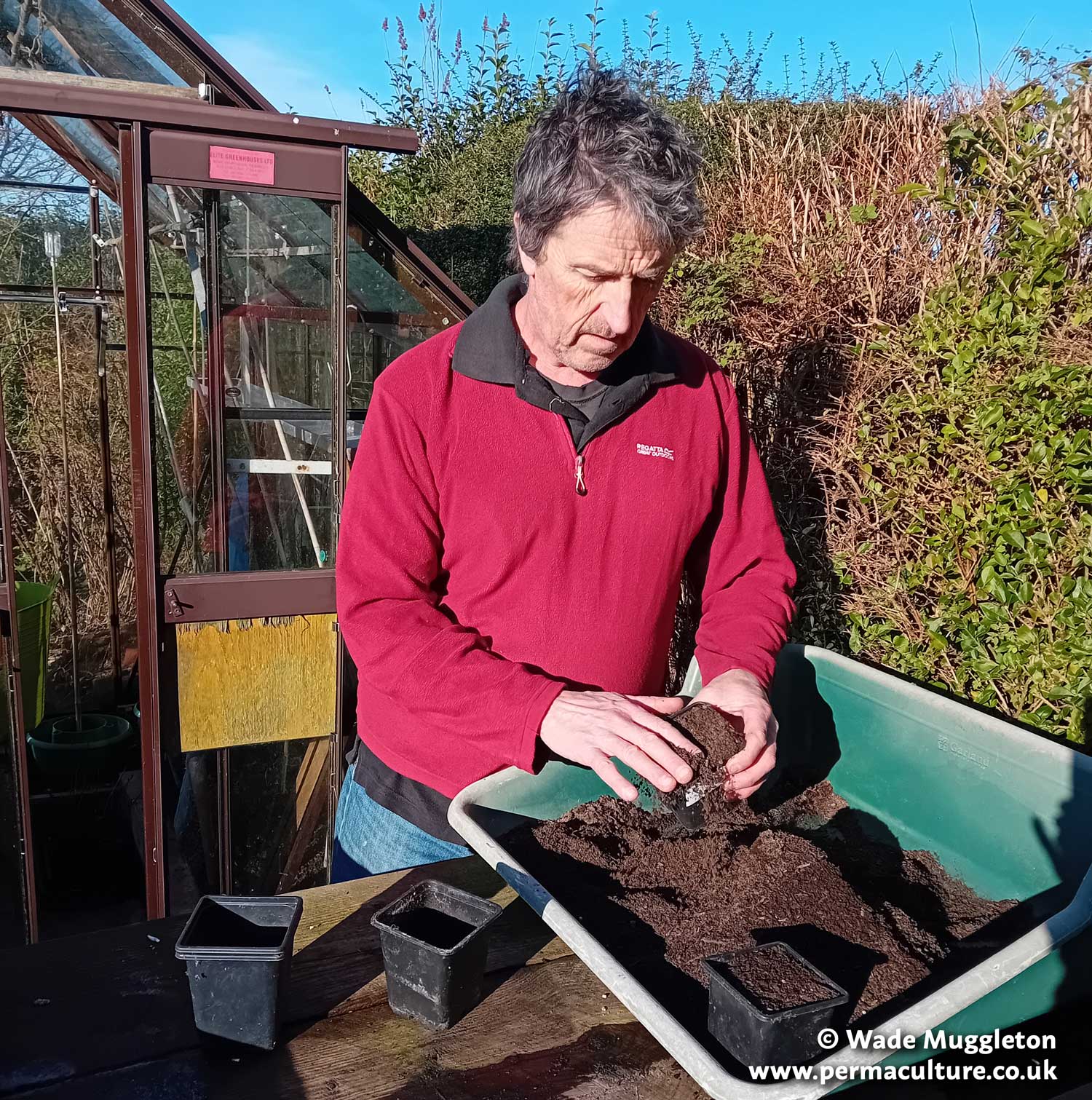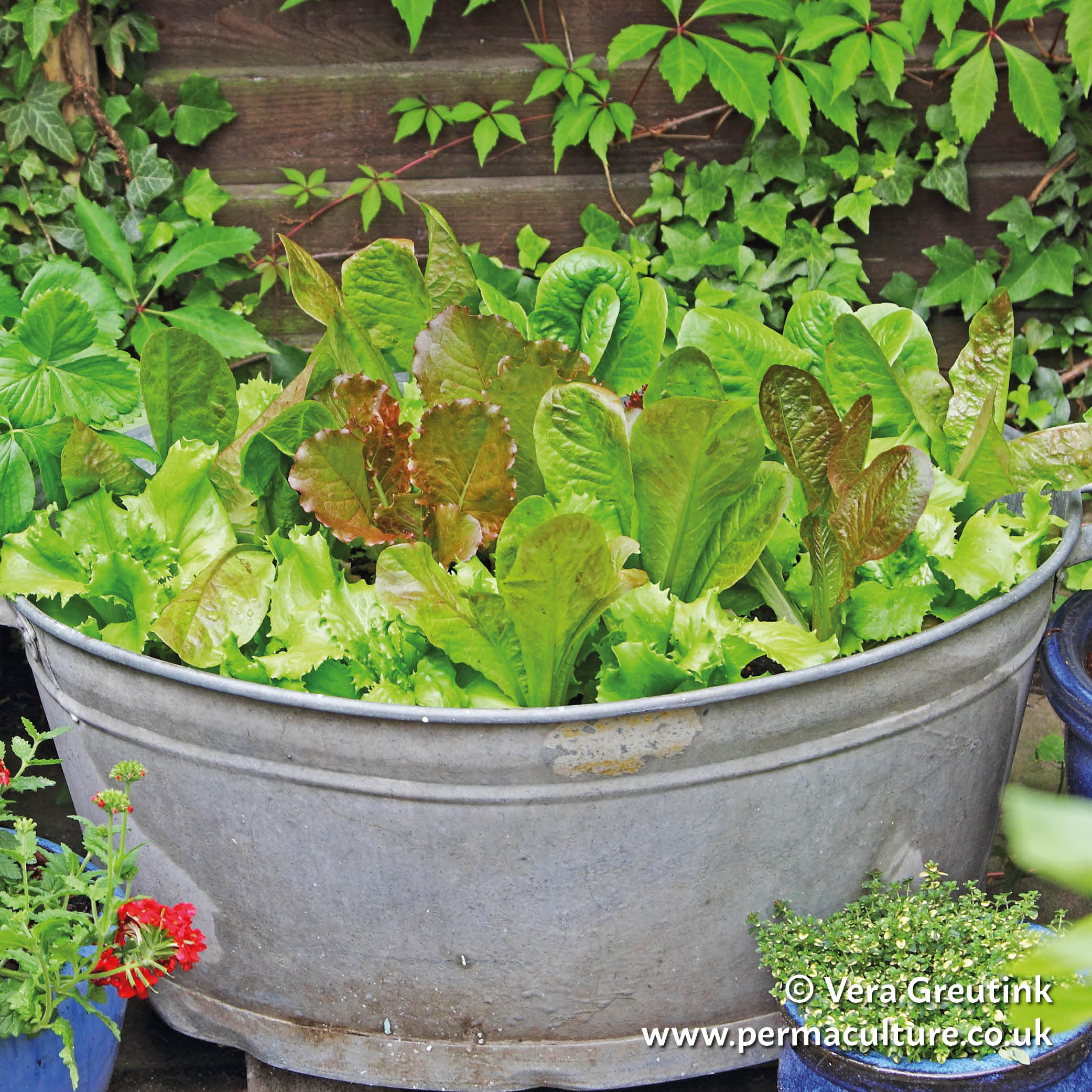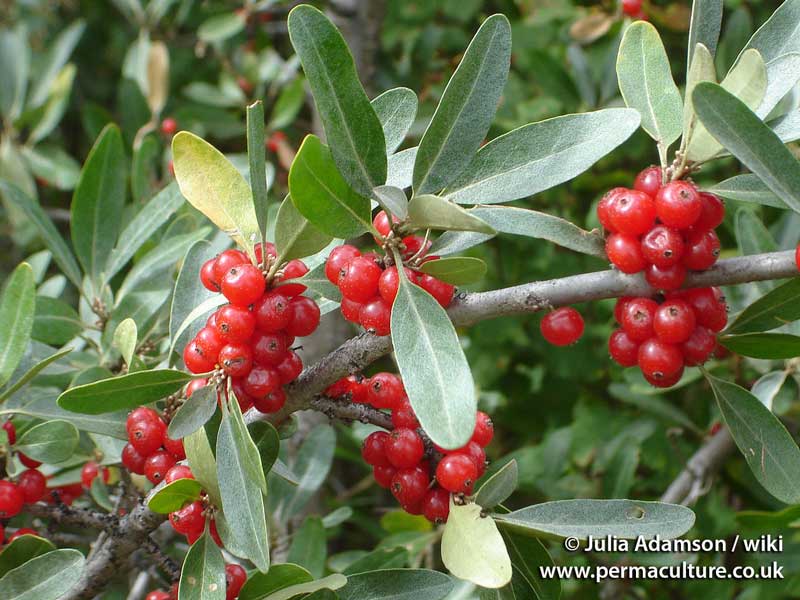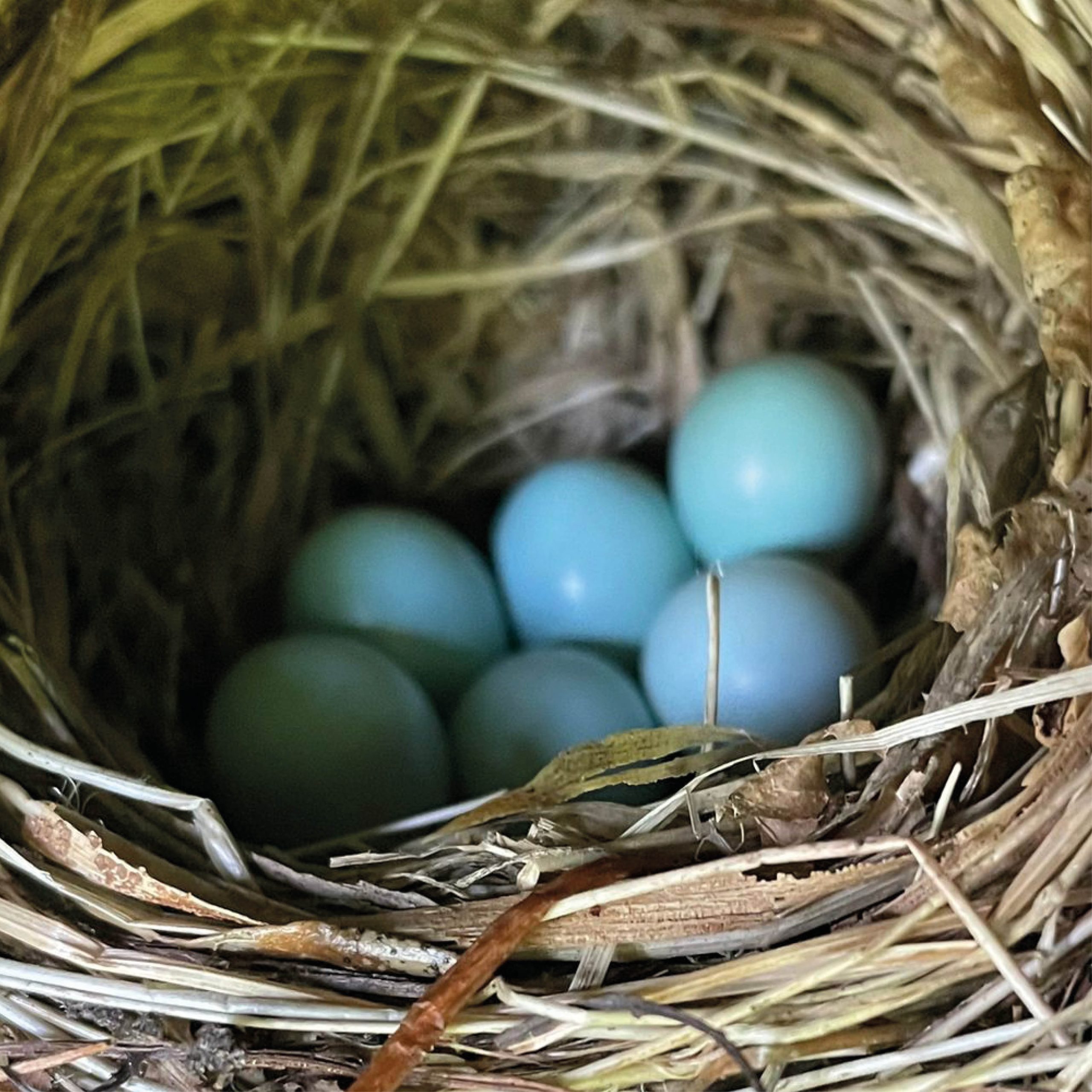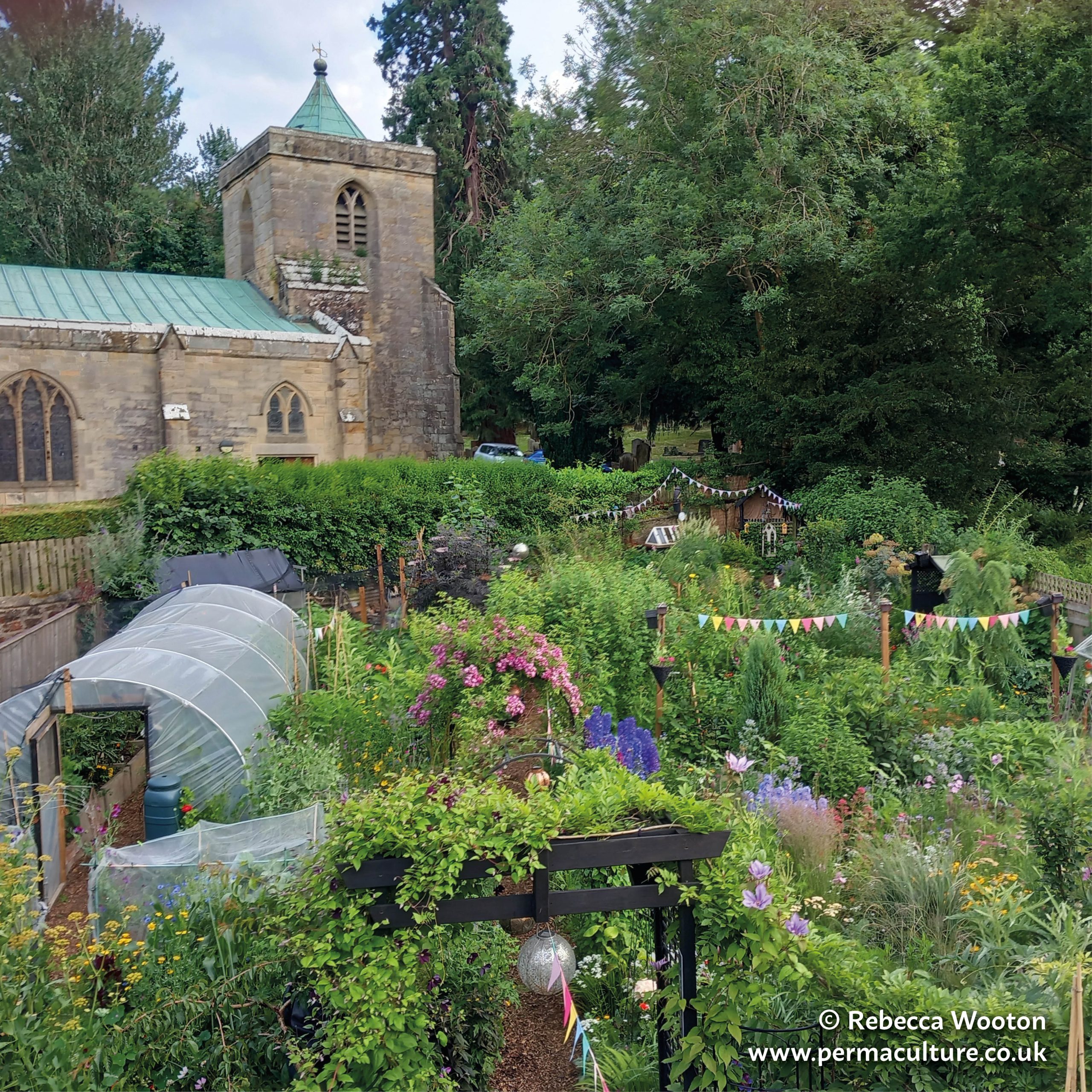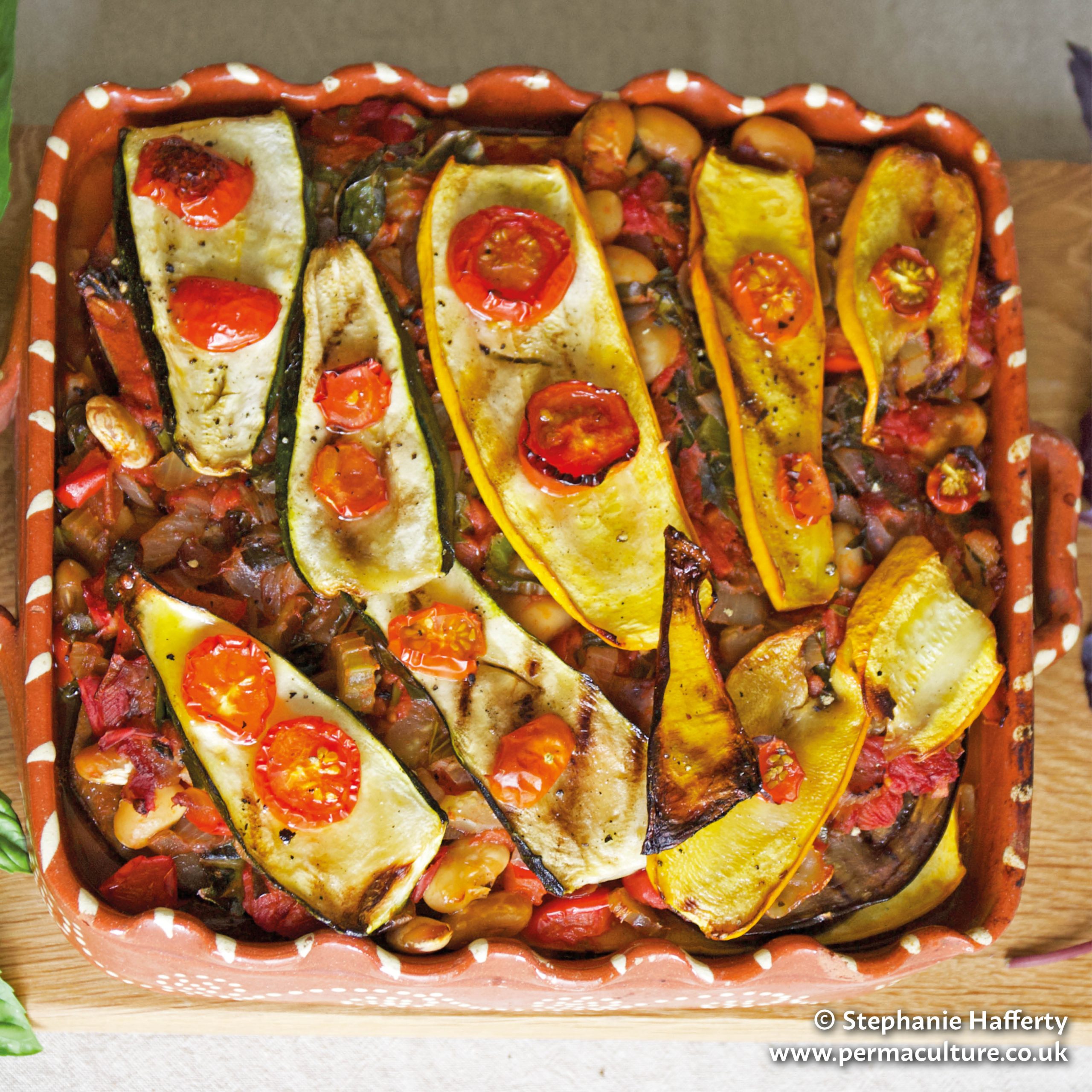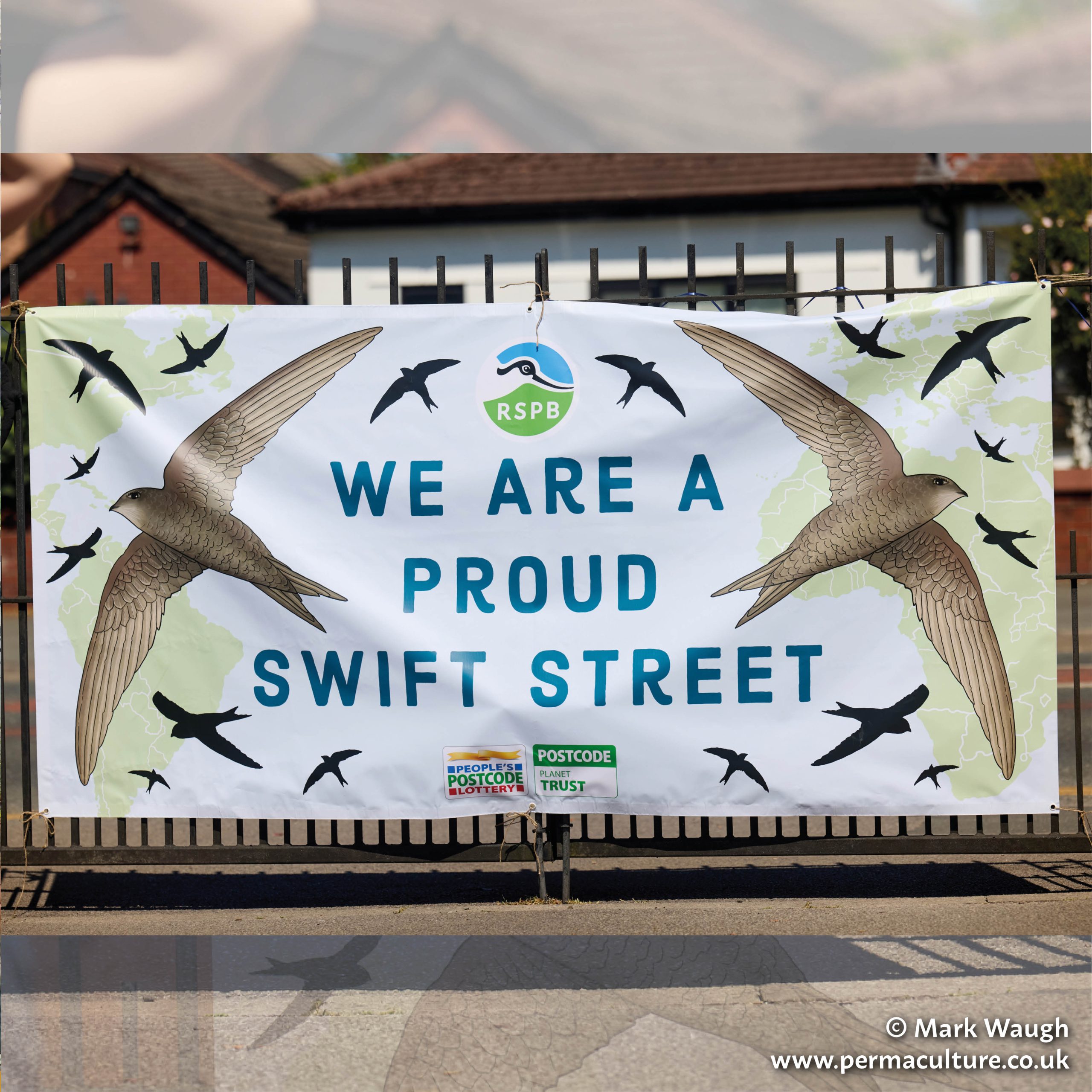Welcome to the first PM of 2024, an issue full of vibrant stories of growing food, crafting and making, creating more resilient landscapes, and building community and collaboration. These pages speak of personal experiences, lessons learnt and practical knowledge straight from you, our readers. They are filled by authentic people, exploring ideas, sharing techniques and practices, and weaving together a very different vision of the future than our current trajectory. We hope you find them inspiring and uplifting as well as useful.
In Britain, since last September, there have been eight named storms – the highest number in a season to be named by the Met Office – with the period between July and December last year being the wettest on record since 1890. Climate chaos has flooded homes and farms all over Europe whilst El Niño subjects the southern hemisphere to more drought and increased risk of wildfire. Living on the Atlantic edge in the west, these damp and dark days have been challenging. Regular readers of this magazine will know that I lost my friend and life partner, Tim, very suddenly at the end of September. In a matter of moments and without prior warning, he left this life, despite my efforts and then the efforts of two ambulance crews and the air ambulance doctor. Never, ever have I so appreciated the swift action of the NHS who came to our house and tried to save him.
Although there have been many times recently when I haven’t felt it, I know that I am lucky. I have the love and support of my two daughters who have stood by my side and grieved with me. Close family have checked in with me daily, and I am blessed with good and loyal friends. The PM team have been outstanding, meeting all their commitments and producing new books and reprints on time despite their very personal loss. We have all had to pull together, take on new tasks and learn new skills.
Sometimes the permaculture movement is criticised for being a bunch of impractical dreamers, armchair practitioners who speak more than they know, or worse purveyors of appropriated information that should be given away freely. My experience after over 30 years of working with permaculture and with its people is very different and recently I have been humbled by the care and support I have received from friends, colleagues and people who follow our work and feel a deep sense of kinship and allegiance. Some I have met, some not, but that has made no difference. This sincere community is helping me through some very dark days. I am so grateful to you all.
Without my right-hand man (quite literally), there would always be the question: Do I carry on at my home, in the Wood, and with publishing? When a life is so suddenly and so brutally changed there is no certainty in anything. I have inevitably spent much time alone, walking in the woods and the landscape around me. On a dark December day when the light was falling early in the afternoon, I was beside the stream that borders the Wood. I heard the distinctive, insistent yaffle of a bird flying swiftly like an arrow at the edge of the farmer’s field towards me. It turned sharp right and flew down the stream towards the house, calling loudly. For a few moments, I caught sight of the exquisite and unworldly iridescence of a kingfisher. I was overcome with a sense of wonder to see the unmistakably beautiful, turquoise plumage of a bird that appeared completely at odds with that dull, damp day. Joy arose in my heart. I decided to take this experience as emblematic: That no matter how dark and hopeless life can seem somewhere, somehow there is a spark of light that carries an unquenchable message of hope and rebirth.
I decided to dedicate the rest of my life, for as long as I can, to conserving the beauty of the Wood where I am blessed to live. I will continue to improve the habitat of the species here, some rare and even endangered, and carry on writing and publishing material that seeks new pathways in a world that is unravelling, ecologically, economically and socially. Whilst my family and I have experienced an unexpected tragedy, I am aware that everything is relative. The suffering in a war zone where whole families are wiped out and communities and land destroyed by mines is unimaginable. I find the complex politics of war and the way it is waged, supported by other nations, psychologically eviscerating.
The only way I know to stand up against human cruelty and violence is to try and live in greater peace and harmony in my own life. So as the rhythm of the year turns, I will continue, alone now, to apprentice myself to the difficult and lifelong lessons of peacemaking, to speak up and publish about another world that is still possible, to take deep solace in nature, and do all I can to care for the little patch of land I call home. Life is incredibly difficult. All of us are subjected to the sometimes harsh reality of impermanence but, in that darkness, there is always the possibility of a kingfisher.
Maddy and the Permaculture team
Maddy’s editorial first appeared in Spring PM119
Subscribe to read all Permaculture magazine back issues. Print and Digital subscriptions available, HERE
Maddy Harland is the co-founder and editor of Permaculture magazine and author of Fertile Edges – Regenerating the land, culture and hope.
